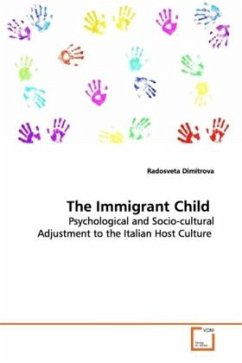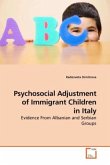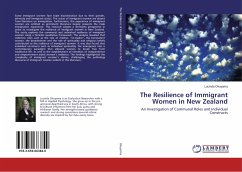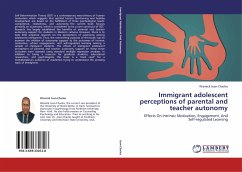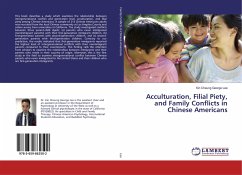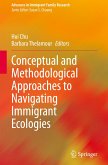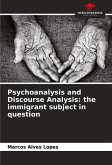Immigration to Italy is a relevant social phenomenon
with immigrant families and their children
representing a growing component of the resident
population, but little research has been dedicated
on their adaptation outcomes. The present book
contributes to this direction by providing data on
psychological (emotional well-being) and socio-
cultural (socially appropriate interactive skills)
adjustment in immigrant children and their parents
in North Italy, a region characterized by different
ethnic communities - immigrant (Albanians and
Serbians) and native (Italian majority and Slovene
minority). Drawing on most widely applied models of
adjustment in cross-cultural transition, the main
findings indicate that immigrant children and
parents display more problematic adaptation patterns
compared to the natives. The relevance of these
results can be seen in both theoretical and applied
research approaches - by providing a deeper insight
into the problems experienced by immigrants in Italy
and by facilitating interventions assisting
immigrant families in adjusting to their new country
of settlement.
with immigrant families and their children
representing a growing component of the resident
population, but little research has been dedicated
on their adaptation outcomes. The present book
contributes to this direction by providing data on
psychological (emotional well-being) and socio-
cultural (socially appropriate interactive skills)
adjustment in immigrant children and their parents
in North Italy, a region characterized by different
ethnic communities - immigrant (Albanians and
Serbians) and native (Italian majority and Slovene
minority). Drawing on most widely applied models of
adjustment in cross-cultural transition, the main
findings indicate that immigrant children and
parents display more problematic adaptation patterns
compared to the natives. The relevance of these
results can be seen in both theoretical and applied
research approaches - by providing a deeper insight
into the problems experienced by immigrants in Italy
and by facilitating interventions assisting
immigrant families in adjusting to their new country
of settlement.

